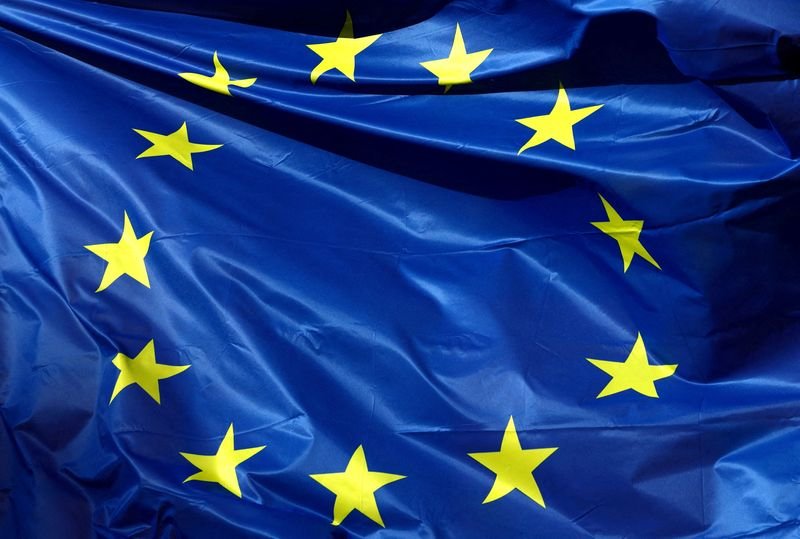EU may suspend Syria sanctions on energy and transport
Published by Global Banking & Finance Review®
Posted on January 26, 2025
3 min readLast updated: January 27, 2026

Published by Global Banking & Finance Review®
Posted on January 26, 2025
3 min readLast updated: January 27, 2026

The EU is considering lifting sanctions on Syria's energy and transport sectors, marking a policy shift after Assad's ousting. Financial restrictions remain under discussion.
DAMASCUS/BRUSSELS (Reuters) - The European Union may soon suspend sanctions on Syria related to energy and transport but has yet to agree on whether to ease restrictions on financial transactions, according to three diplomats and a document seen by Reuters.
EU foreign ministers will discuss the matter at a meeting in Brussels on Monday. The bloc’s foreign policy chief Kaja Kallas told Reuters on Wednesday she hopes a political agreement on easing the sanctions can be reached at the gathering.
Europe’s approach to Damascus began to shift after Bashar al-Assad was ousted as president in December by insurgent forces led by the Islamist Hayat Tahrir al-Sham (HTS), which the United Nations designates as a terrorist group.
HTS in 2016 cut ties to Al Qaeda and, since taking power in Syria late last year, has said it will engage in a political process where all Syrians will have a say.
Officials see transport as key for helping Syria’s airports become fully operational, which in turn could facilitate the return of refugees. Energy and electricity are similarly seen as important for improving living conditions to help stabilise the country and encourage citizens to come back.
According to an EU document seen by Reuters, diplomats from the bloc's 27 members recommended taking swift action towards suspending the restrictions "in sectors necessary for economic stabilisation and launch of economic reconstruction of Syria, such as those regarding energy and transport”.
The diplomats, who are part of a group that negotiates the EU’s foreign policy positions on issues related to the Middle East and North Africa, also recommended “assessing options for reopening banking and investment relations with Syria”.
“The easing of EU restrictive measures would be rolled out in a staged approach and in a reversible manner, regularly assessing if the conditions in Syria allow for further suspension,” the diplomats wrote, pointing to the need for respect for fundamental freedoms and an inclusive transition.
The wording of the document represents a compromise among EU capitals. Some governments want to move quickly to suspend sanctions, while others prefer a more careful and gradual approach to ensure Europe retains leverage.
If a political agreement is announced on Monday, European officials would proceed to work on the technical details of a suspension.
A number of sanctions should remain in place, according to the document, including measures related to the Al-Assad regime, illicit drug trade and arms trade.
(Reporting by Timour Azhari in Damascus and Lili Bayer in Brussels; editing by Clelia Oziel)
The European Union may soon suspend sanctions related to energy and transport in Syria, although a consensus on easing financial transaction restrictions has yet to be reached.
The EU's approach has shifted following the ousting of Bashar al-Assad, with officials emphasizing the importance of transport and energy for Syria's economic stabilization and the return of refugees.
Diplomats recommend a staged and reversible approach to easing sanctions, regularly assessing the conditions in Syria to determine if further suspension is warranted.
According to the EU document, sanctions related to the Al-Assad regime, illicit drug trade, and arms trade should remain in effect even if other restrictions are suspended.
EU foreign ministers are scheduled to discuss the potential suspension of sanctions during a meeting in Brussels on Monday.
Explore more articles in the Headlines category

